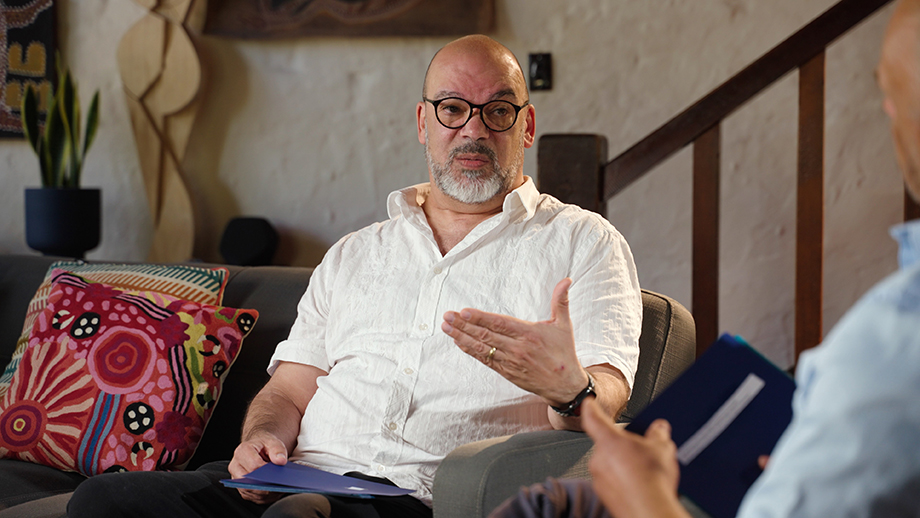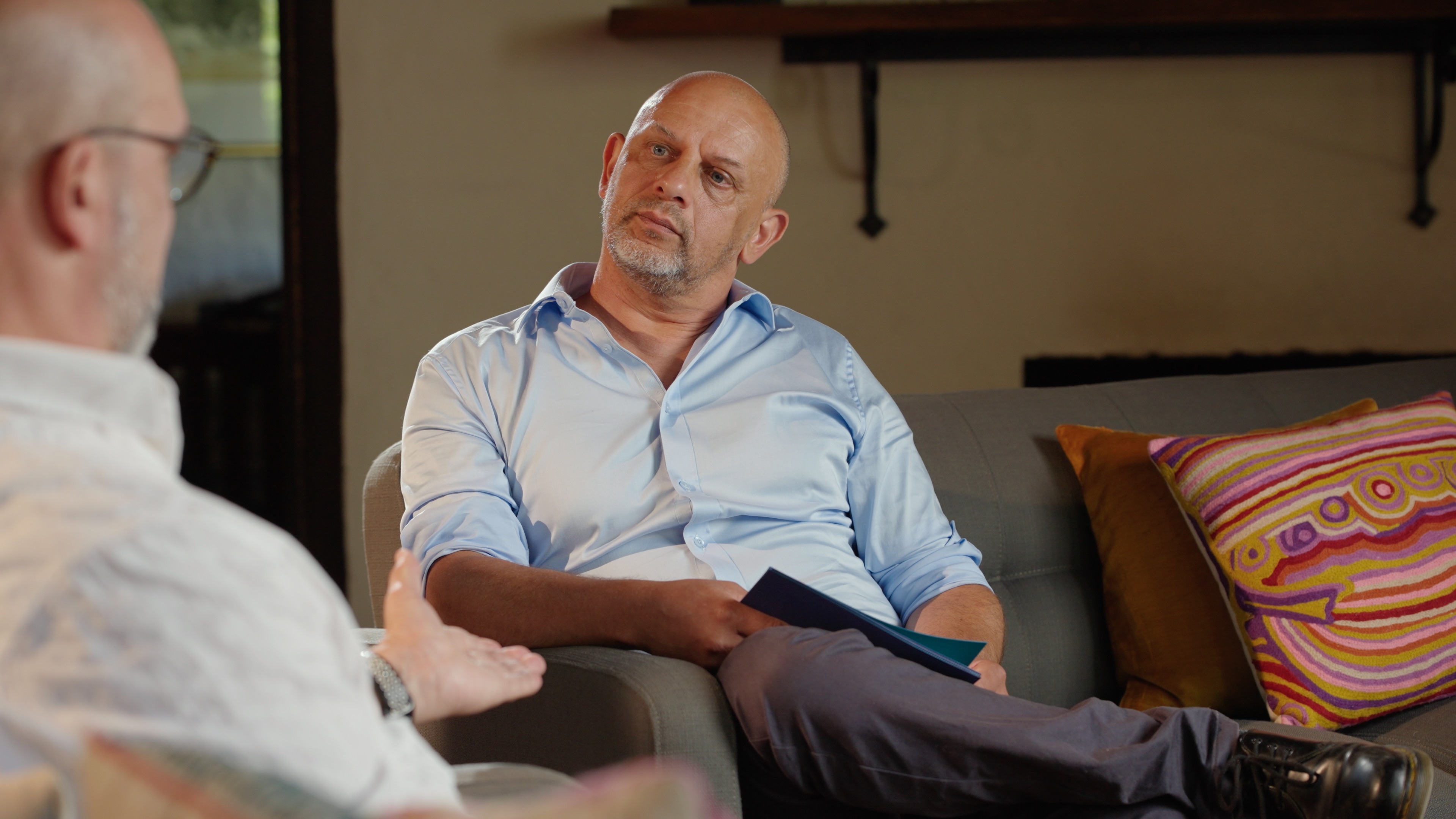
Advance Care Planning Australia is funded by the Australian Government.
Did you know that almost one in three of us will be unable to make our own medical decisions at the end of our lives? Advance care planning offers all of us the opportunity to clarify our medical treatment preferences in advance, preparing ourselves and our loved ones in case there comes a time in a critical situation when we can’t communicate our preferences. For Gerald, that time came all too soon.
Gerald developed what he thought was a common cold. Within 24 hours, he was fighting for his life. He was no longer able to breathe on his own, and doctors placed him in an induced coma as he suffered multiple organ failure. Gerald had never imagined such a situation, so he’d never done any advance care planning. His family suddenly had to make life or death decisions on Gerald’s behalf.
‘The Questions that Matter Most’
Gerald and his brother Paul have just participated in a new Advance Care Planning Australia video, ‘The Questions that Matter Most’. They shared their story with us.
Gerald explains his sudden illness: “The day before I went into a coma, I took my dog for a long walk. I soon developed a runny nose - and the next thing I knew, I was in dire straits. I remember struggling to breathe. I was in the ambulance passing out, then woke up in hospital. Soon after, I lost consciousness.”
Paul details the shock for the family: “The doctors didn’t think Gerald was going to make it through the night – so we rushed to the hospital. He was in intensive care for a couple of weeks. We didn't know from day to day if we'd ever see Gerald conscious again, and what kind of state he would be in.
“Gerald wasn’t responding to treatment. We realised that without those machines, he wouldn't be with us - and he couldn’t stay connected to the machines forever. The doctors were telling us how precarious his situation was, and he was at risk of brain damage from oxygen deprivation.
“They finally gave us an option of a different medication they wanted to trial. We felt it was the last roll of the dice, and we tried to figure out what Gerald would want. We went ahead with the trial, the new medicine worked and finally, Gerald started to improve. But it wasn’t until he regained consciousness and was unable to talk to us, that we realised what a long road ahead it was going to be – over many, many months.”
“What were the risks you took with my life?”
In the video, Gerald asked Paul: “So what were the risks you took with my life making those decisions? For example, did you know that because of the chance of brain damage, I would have to learn to speak and walk again? And did you think that I would have been okay with that?”
Paul responded, “That's a tough question... But our understanding of each other was paramount to this sort of decision making.”
Gerald says, ““I'm forever grateful. I mean, without some of those decisions I wouldn't be here talking. It's something I can't thank everyone enough for. Learning what everyone did at that time when I was in a coma, it really touched my heart. I wouldn't have changed anything, really, as far as the decisions that were made. However, in saying that, the rehabilitation was quite gruelling.
“If there was some kind of plan”
“After the fact, I've seen the trauma that it has caused everyone and that would have been alleviated, I believe, if there was some kind of plan put in place.”
See Gerald and Paul’s story along with other stories in the new ‘Questions that Matter Most’ video.
Interested in making a start? Find out more about advance care planning
Understand advance care planning

The Question That Matters Most
If you were too unwell to speak for yourself, who would speak for you and what would they say?
We sat down with several couples to explore advance care planning through three unique family and health perspectives.